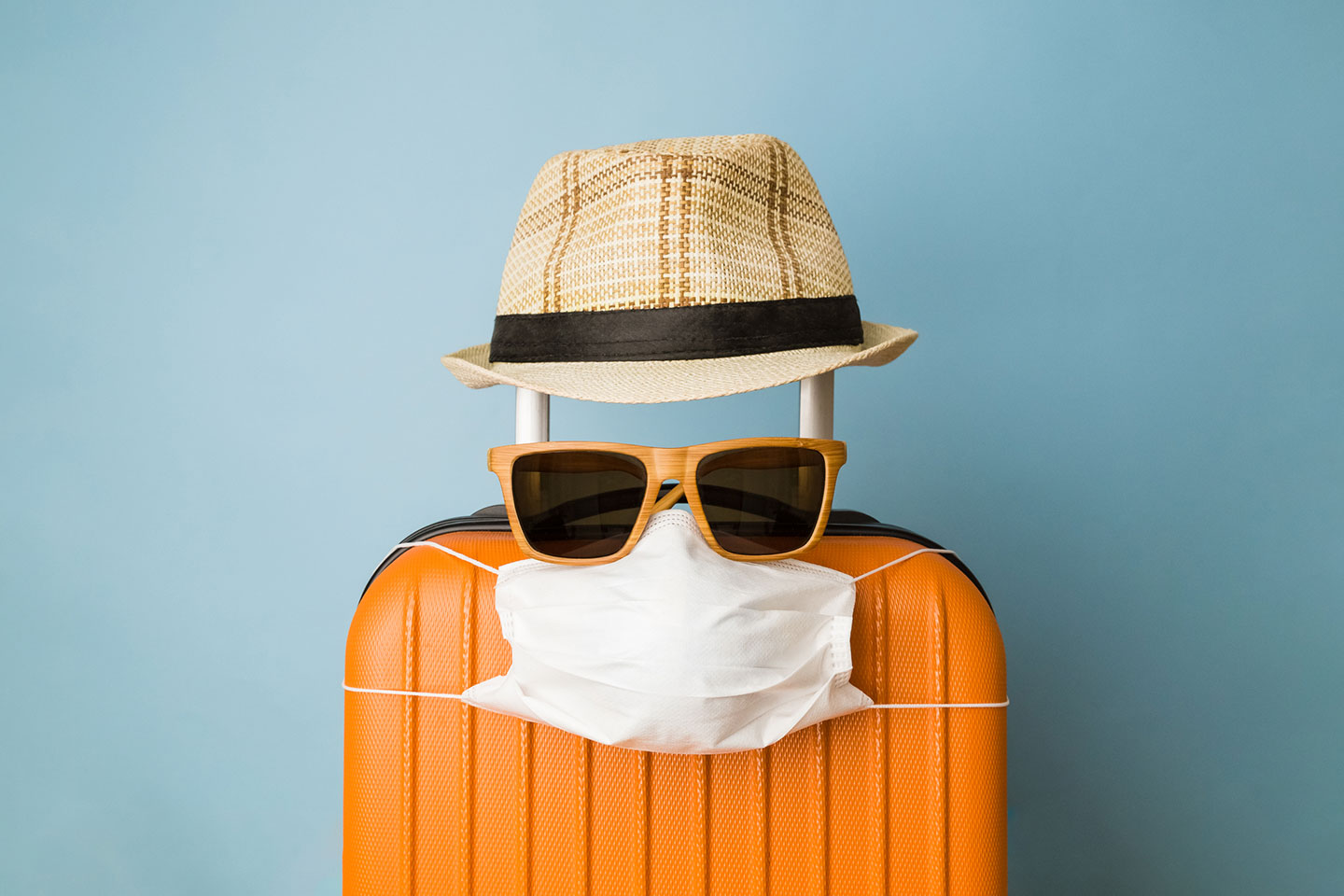In June, Thailand announced that it plans to reopen Phuket to tourists who are inoculated against COVID-19 and are not coming from high-risk countries. If all goes according to plan, tourists fulfilling these conditions can travel to Phuket without having to go through quarantine.
Tourists are itching to travel again
The urge to travel, after many have effectively been locked up in their homes and cities, seems strong. People are itching to take off again. Fun includes travelling with friends and family, dine out, go on sightseeing, shopping, play sports, relax on the beach and enjoy the sun.
Phuket is an ideal destination for these activities and was a highly popular spot with tourists from Europe, Australia, and many Asian countries before COVID-19 struck. If travel was again almost as ‘frictionless’ as it was before Covid-19, one could expect an avalanche of tourists hitting Phuket. In fact, I believe that demand could be overwhelming and the available capacity could fill up quickly.
Given that many other formerly popular destinations are not open to welcome tourists again, the potentially massive demand will hit limited supply and Phuket’s tourism industry would benefit from the early opening.
What are the risks?
The Phuket “Sandbox” assumes that the local population achieves herd immunity (e.g., having some 70 per cent of the population inoculated) by the time travel will be allowed.
Tourists are unlikely to pose a risk if they are confirmed to have been vaccinated and arrive from low-risk countries. Research has shown that fully inoculated individuals are well protected from infection and hence are unlikely to spread the virus.
As such, tourists pose little risk to the local population and vice versa. Therefore, I believe the risk is manageable.
Will Phuket Get it Right?
In addition to getting the local population inoculated, Phuket needs to work out the details and policies. For example, which of the many available vaccination types/brands and vaccination passports will it accept? Will testing for COVID-19 be required upon entry?
To be successful, the travel sandbox will have to be as frictionless, easy and convenient as possible. It ideally does not add extra costs to the traveller, such as those for testing. I am confident that Thailand is sufficiently motivated to make this test a success and develop the required processes and policies accordingly.
It takes two to tango
Even if travel to Phuket is easy, tourists may still not be willing to travel if they are exposed to hassle when they return to their home countries. For example, are they subject to quarantine and COVID-19 tests, or are otherwise inconvenienced when arriving back?
For example, Singaporeans are unlike to be attracted by the Phuket sandbox because Singapore has been strict with anyone returning to Singapore. Few tourists, if any, would be willing to spend three weeks in quarantine after returning from a one- or two-week beach holiday.
As such, Thailand will have to work with its key feeder markets such as Australia and a number of European countries to develop travel corridors between them whereby ideally both sides do not require quarantine for travellers. Mutual travel corridors or travel bubbles would be a good approach. However, at a minimum, returning residents need to be let back into the country without having to go through much hassle.
Finally, travellers would be cognisant of the risks of changing travel restrictions and regulations. For example, will Australia let its residents return home if there was an increase in COVID-19 cases in Phuket? While such an outbreak may be unlikely since tourists and most of the population are already vaccinated, the possibility cannot be ruled out. If tourists perceive such a risk, again, their enthusiasm for travel is likely to be muted.
Are travel sandboxes the way forward for other destinations?
The world yearns to return to normality again, and travel was a mega trend before COVID-19 that grew year-on-year faster than Gross Domestic Product (GDP) in most countries around the globe. It became a significant contributor to jobs and economic activity in many countries.
If Phuket turns out to be successful, I believe that other tourist destinations will follow suit. Local tourist industry and their employees will push for that. Tourism is arguably one of the most affected sectors that needs to get back on its feet.
Islands seem to be predestined for opening as travel can be better controlled. Other island destinations in Thailand such as Ko Samui, Krabi and Phi Phi Islands could be next. Indonesian islands such as Bali could follow.
Of course, a massive vaccination programme of the local population would be a prerequisite. Perhaps, the prospect of jobs and income will incentivise local politicians and industry players to get the required vaccines and convince their residents to get vaccinated.
On my end, I hope Singapore will join travel corridors to such relatively safe holiday destinations and I look forward to being able to travel again.
The article is an abridged version of the one first published on CNA




